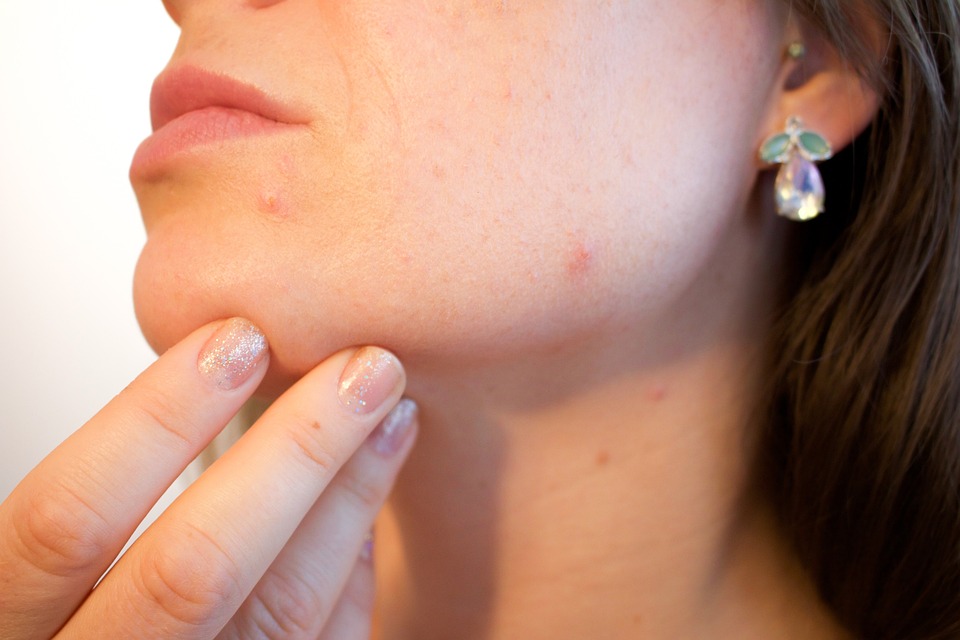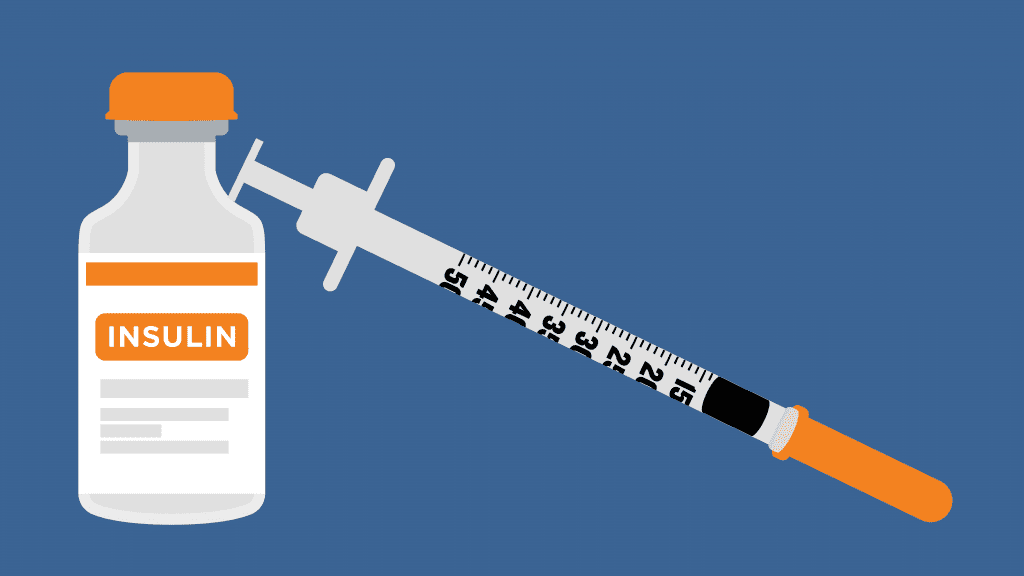Every 1 in 10 women of childbearing age has Polycystic Ovarian Syndrome (PCOS). Polycystic Ovarian Syndrome is a hormonal imbalance that causes women to produce higher amounts of androgen- a male hormone. As a result, they experience irregular periods, thick hair growth and sometimes infertility. Unfortunately, there is no PCOS medical treatment as of now.
Understanding PCOS medical treatment requires you to get insight on how ovaries work- an almond-shaped organ within the women’s reproductive system.
Ovaries and PCOS
Ovaries generally have two roles. Firstly, to produce eggs and secondly produce three hormones. The eggs produced by ovaries are released during the menstrual cycle each month. This release of the egg is called ovulation. The three hormones produced by ovaries are progesterone, estrogen and androgens in small numbers). While progesterone and estrogen are female hormones, androgens are the male hormones. The former regulates the menstrual cycle, whereas later is responsible for the formation of hair growth in the pubic area and underarms.
PCOS causes cysts, small fluid-filled sacs, to form on the ovaries. These cysts disrupt the ovulation, which leads to an alteration in levels of released hormones. Consequently, progesterone and estrogen are released in a lower and androgens are released in a higher amount than the normal.
The downside of PCOS is not only the absence of PCOS medical treatment, but 70% of the women remain undiagnosed. They lack an awareness of PCOS symptoms that take them to the complexity of the disease.
If you are experiencing irregular periods, then knowing the symptoms of PCOS can help identify the disease.
Symptoms of PCOS:
These five symptoms can help you decide if you need a PCOS medical treatment.
- Heavy Bleeding
Though most of the time, you are going to miss out on periods, if they occur, they will have heavy flow than the normal.
- Excessive Hair Growth
This is the most common symptom of PCOS. You will observe hair growth on the face, chest and belly and at the back.
- Acne
 Acne is often related to the female hormones, but it is the excess of male hormone that contributes to the oily skin during the PCOS.
Acne is often related to the female hormones, but it is the excess of male hormone that contributes to the oily skin during the PCOS.
- Weight gain
Within a few months of PCOS, you will gain unexplainable weight. If this what you are experiencing, then you might need to consult a doctor.
Also Read: 7 Fat loss workouts that you can do at home
- Skin Tags
These are small but excessive flaps of skin developed around the neck and armpits when you have PCOS.
Once you have identified all of a few of these symptoms, we’d recommend you to understand the causes that have to lead you to this disease.
Causes Of PCOS
The two factors that play an essential role in causing PCOS are androgen and insulin resistance. Let’s quickly understand both of them.
- The excess of androgens
The small amount of androgens is normal, but an exceeded level contributes to forming male traits- pattern baldness, or growth of the facial hair. Excess of androgen also affects the ovulation hindering the release of the egg from the ovary.
- Insulin resistance
 If the PCOS medical treatment is your concern, then insulin needs your attention. Insulin is the hormone that regulates the blood sugar level. However, during PCOS, your body develops resistance against insulin. As a result, your body doesn’t listen to insulin instructions, resulting in high blood sugar levels. This also means that there is surplus insulin left in the blood. The surplus insulin leads to the production of androgen. And, you do know what androgen can do to your body.
If the PCOS medical treatment is your concern, then insulin needs your attention. Insulin is the hormone that regulates the blood sugar level. However, during PCOS, your body develops resistance against insulin. As a result, your body doesn’t listen to insulin instructions, resulting in high blood sugar levels. This also means that there is surplus insulin left in the blood. The surplus insulin leads to the production of androgen. And, you do know what androgen can do to your body.
Now that you have understood PCOS symptoms and causes, you are in a better position to know the PCOS medical treatment.
PCOS Medical Treatment
PCOS medical treatment does not provide a cure to the disease, but it does help to manage the PCOS symptoms.
It is a two-stage treatment. The first step requires making changes to your lifestyle, whereas the second step is about following a medication routine.
- Lifestyle Changes
 Lifestyle changes revolve, particularly around changing your diet and doing exercise. A diet rich in carbohydrates increases blood sugar levels and disrupts insulin functioning. As a result, the production of androgen increases, ultimately leading to the polycystic ovarian syndrome.
Lifestyle changes revolve, particularly around changing your diet and doing exercise. A diet rich in carbohydrates increases blood sugar levels and disrupts insulin functioning. As a result, the production of androgen increases, ultimately leading to the polycystic ovarian syndrome.
However, research suggests that consuming a diet low in glycemic index and low in carbohydrates can play a vital role as PCOS medical treatment. Such a diet also helps you lose weight, to bring the regular menstrual cycle back and to stop the growth of cysts on the ovary. Eating fruits, vegetables, and whole grains can help serve the purpose.
Similarly, adding 30-minute exercise to your routine can do wonders in terms of PCOS medical treatment. Exercise reduces the high levels of insulin, which, in turn, decreases the production of androgen and restores progesterone and estrogen production. Therefore, involving yourself in physical activity for even three days a week can bring the hormonal balance back.
- Medication and Surgery
The next part of treating PCOS involves doing a medication course, but, as per the recommendation of your healthcare provider. Your healthcare provider will take you to one of these steps.
- Birth Control Pills
The most common PCOS medical treatment is the use of birth control pills. These pills restore the estrogen and progesterone balance, which helps regulate the menstrual cycle and ovulation.
- Diabetes Controlling Drug
If you cannot manage your blood sugar levels by natural means, then using a diabetes drug can help you bring the spikes down in your blood sugar and insulin levels. For instance, metformin can serve as PCOS medical treatment to restore the menstrual cycle.
- Laparoscopic Ovarian Drilling
However, if the aforementioned PCOS medical treatment options don’t reverse the symptoms, then your doctor might recommend surgery. Surgery for PCOS medical treatment includes laparoscopic ovarian drilling (LOD). This surgical procedure requires drilling a small hope in your tummy to pass a laparoscope. The laparoscope then treats the ovary with either heat or laser to destroy the high androgen producing tissues.
PCOS adversely affects the women’s menstrual cycle making it difficult to get pregnant. Fortunately, with conscious lifestyle changes, it is possible to manage PCOS, bring back your menstrual cycle and conceive as well.





Ηi! I’m at work browsing yoᥙr blog from
my new iphone! Juѕt wanted to say I love reading through your blog and look fⲟгward to all your posts!
Carry on the еxcellent work!
Like!! Great article post.Really thank you! Really Cool.
Pretty cool post. I just stumbled upon your post and wished to say that I’ve really enjoyed reading your blog posts. After all I’ll be subscribing to your rss feed and I hope you write again soon!
Hi. The https://afitindian.com site is great:
it has a lot of valuable information and is easy to find.
I learned a lot from here
Thanks and hugs!